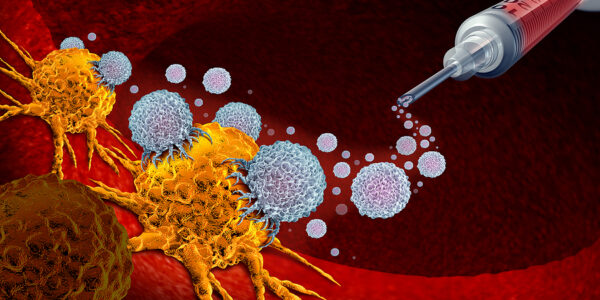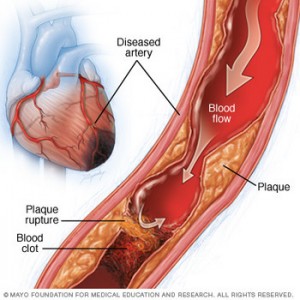
February 15, 2025 by Ray Schilling · Comments Off on Immunotherapy for Cancer
Dr. Joseph Maroon discussed immunotherapy for cancer at the Anti-Aging Conference in Las Vegas, which I attended. He was one of the keynote speakers Dec. 14, 2024. He was a neurosurgeon in the past and has given many lectures at these yearly Anti-Aging Conferences before. The full title of his presentation was … [Read More...]

February 1, 2025 by Ray Schilling · Comments Off on Treatment of Hormone Deficiencies with Bioidentical Hormones
Dr. Thierry Hertoghe discussed treatment of hormone deficiencies with bioidentical hormones at the Anti-Aging Conference in Las Vegas, which I attended. He was one of the keynote speakers Dec. 13, 2024. He is a well-known endocrinologist from Brussels/Belgium and has given many lectures at these yearly Anti-Aging … [Read More...]

January 19, 2025 by Ray Schilling · Comments Off on Menopause Revisited
At the 32nd Anti-aging Conference in Las Vegas menopause was reviewed, which I call “menopause revisited”. The presenter was Dr. Sara Gottfried who is the director of Precision Medicine. She is also affiliated with the Marcus Institute of Integrative Health, Thomas Jefferson University, Philadelphia, Pennsylvania, … [Read More...]

December 28, 2024 by Ray Schilling · Comments Off on Anti-Inflammatory Diets Improve Inflammation
A CNN review article noted that anti-inflammatory diets improve inflammation. This is important for medical conditions that also have inflammation attached to it. For instance, rheumatoid arthritis, diabetes or chronic kidney disease all carry inflammation with them. But according to a 2019 study more than 50% of … [Read More...]

November 24, 2024 by Ray Schilling · Comments Off on Ultraprocessed Food Leads to Premature Aging
An article in the medical journal “Medical News Today” found that ultraprocessed food leads to premature aging.
What are ultraprocessed foods?
The NOVA Food Classification System explains what ultraprocessed foods (UPFs) are and what other ones are not. Examples of ultraprocessed foods are: fatty, sweet, savory … [Read More...]

November 9, 2024 by Ray Schilling · Comments Off on Vital Information about Cholesterol Drugs
Most people know about statins to treat high cholesterol, but they do not have vital information about cholesterol drugs. Recently an article appeared in CNN, which was very informative. In the following I will review what is new about cholesterol lowering drugs.
PCSK9 inhibitors, which are monoclonal … [Read More...]





















